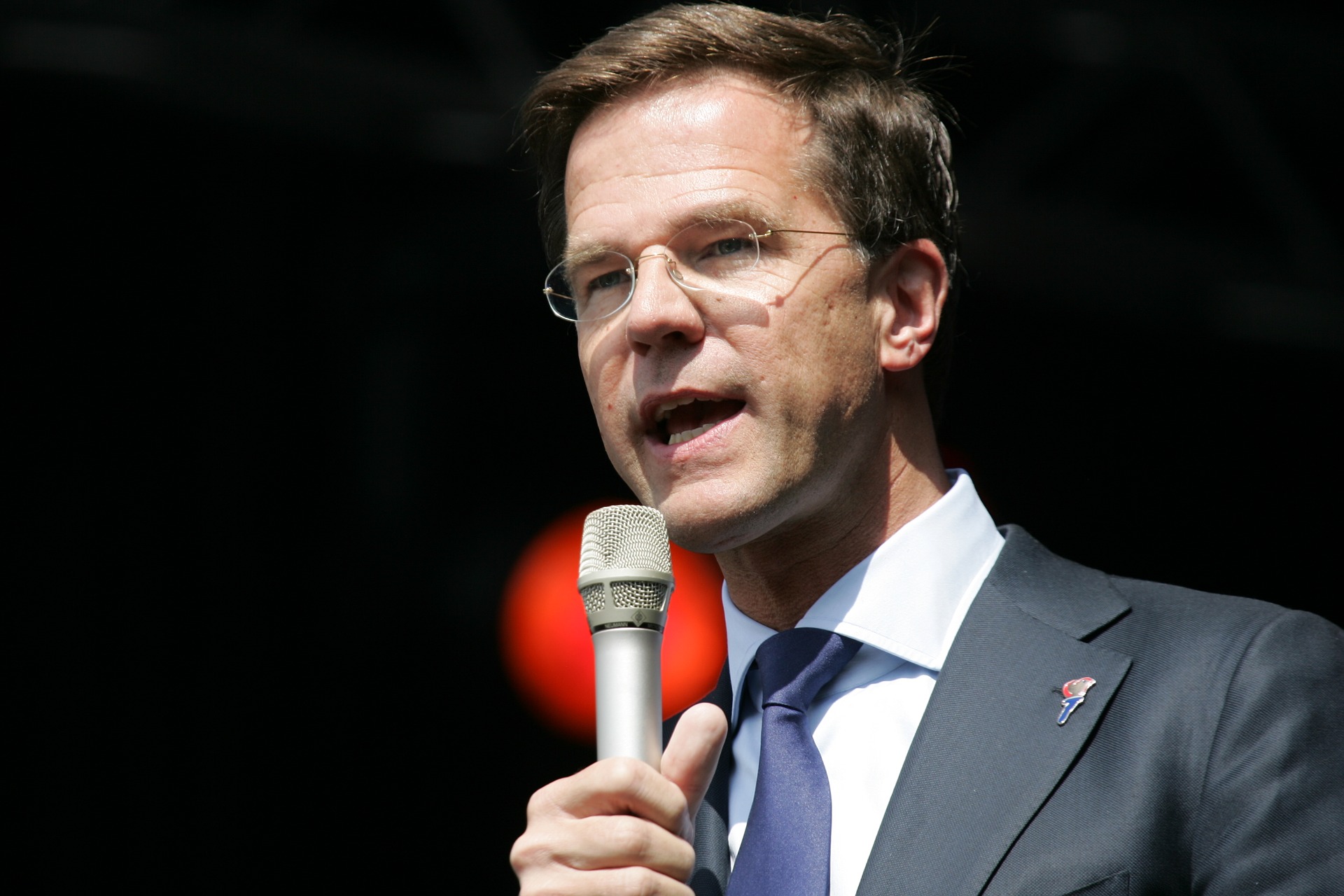Rem Korteweg (Clingendael Institute)
At first sight, not much will change after last week’s elections in the Netherlands. Mark Rutte’s VVD won the most votes, guaranteeing his fourth consecutive term as the country’s prime minister. It will make Rutte the longest-serving prime minister in the Netherlands, and the longest-serving head of government in the EU, after Viktor Orban. He will lead a coalition government that will resemble the previous one. As before, a majority coalition will require four parties. Alongside his VVD, he will be joined by the D66 liberal-democrats and – most likely – the Christian-Democrats (CDA). These three parties governed together over the past four years, and, though still unclear, the fourth member of the coalition could again be the small Christian Union (CU) party. So much for this election throwing up big surprises.
However, not Rutte’s VVD, but D66 and their new leader and former trade and development minister, Sigrid Kaag are the moral winners of the election. D66 gained the most seats among the major parties and won second place in their best electoral performance yet. Campaigning on a progressive and pro-European platform, the party will now insist on having a larger say about any new coalition agreement.
D66 overtook CDA as the second-largest party. The Christian Democrats, led by the euro-hawk and finance minister, Wopke Hoekstra, were the only governing party that lost seats in the election. It suggests a tilt in a new coalition towards a more pro-European stance. This will be emphasised by the fact that D66 faces pressure from parliamentary newcomer and euro-federalist Volt. If D66 does not want to lose the pro-EU vote to Volt, it needs to demonstrate its European credentials and deliver on them in a new government.
But that is easier said than done. Do not expect a major shift in substance on EU affairs from the new government. For one, the prime minister is the same. Mark Rutte is an astute political manager, not a man of big ideas. His view of the EU has improved over the years, but anything beyond the internal market he sees as a necessary evil. D66 wants the post of minister for European Affairs to return in a new cabinet. But traditionally, EU affairs ministers are close confidantes of the prime minister, and so this new Dutch voice in Brussels would again be mainly Rutte’s. Furthermore, D66 and VVD need the Christian-democrats to form a government. Despite having lost seats, this gives the CDA bargaining power and Hoekstra will push back against dovish economic-financial EU policies or a migration regime that he considers too lenient. It also suggests the coalition negotiation could take plenty of time.
Besides, Dutch ministers often lead their ministries as chief operating officers do, not as visionaries. The main thrust of policy is shaped by senior civil servants and is fairly stable. When the finance ministry was previously led by the Labour politician Jeroen Dijsselbloem, the approach to Eurozone issues was not fundamentally different than when the department was subsequently led by a Christian-democrat. A D66 finance minister may be more diplomatic and stress the importance of European cooperation and solidarity – an important signal in its own right – but his or her hands will still be firmly on the Dutch purse.
Three Eurosceptic parties are now represented in the new parliament, pointing at growing fragmentation among the populist right. Together, however, this Eurosceptic bloc won six extra seats. With municipal elections next Spring, these parties will seek to exploit any perceived softening of Rutte on EU affairs. Finally, the government’s hands are tied by parliamentary motions, including a motion committing the Netherlands to seek the removal of references to “ever closer union” in the event of treaty change.
So what could the new government’s EU policy look like? The election results show that the Dutch are not the ‘new Brits’ in the EU. Opinion polls indicate widespread support for EU membership. As founding members of the European communities, the Dutch are firm believers in European cooperation. They joined the Euro, are part of ‘Schengen’, and are economically dependent on the single market. ‘Nexit’ is a fringe idea. A new coalition government will promote pragmatic European solutions to issues like climate change and migration, and support a more assertive EU trade policy and more European defence cooperation. It will also push for a more robust approach to protect the single market against ‘level playing field’ distortions, just as it emphasised the need for ‘level playing field’ guarantees during the Brexit talks. While the Netherlands supports qualified majority voting in some areas of common foreign and security policy, it is no fan of the creation of a European Security Council, which would institutionalise diplomatic and security cooperation among Paris, Berlin and London. The Netherlands will also continue to argue for a values agenda and upholding the rule of law in countries like Poland and Hungary.
In the EU, the Netherlands will remain toughest on economic-financial issues. The elections will not change that. It may even lead to tensions between D66 on the one hand, and VVD and CDA on the other. But the biggest challenge prime minister Rutte may face in Europe is that in a period when there is uncertainty over Germany’s future leadership and president Macron is focused on his re-election, attention will turn to him for guidance on EU affairs. The question then is what agenda the Netherlands will have to share on Europe, beyond continued faith in pragmatism?
Rem Korteweg is Senior Research Fellow at the Clingendael Institute.



